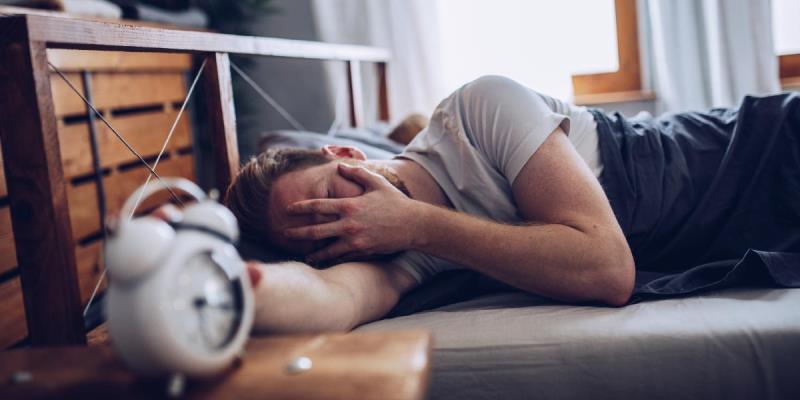Is sleeping too much bad for your health?
Published on Thu Mar 7 2019 in Lifestyle
Getting too little sleep is a common complaint of people around the world, including here in New Zealand. While many of us struggle to get enough shuteye, it may seem laughable that others are getting too much sleep. How could oversleeping possibly be a bad thing?
Whilst everyone occasionally needs some extra sleep to bounce back from a late night, consistently oversleeping could be a problem. It’s been linked to some serious health issues and may be a sign that something deeper is going on in a person’s mind and body.
But what does oversleeping really mean, and how can people get the most out of their slumber?
How much sleep is too much?
The perfect amount of sleep is different for everyone, and is often influenced by things like your genes, activity level and overall health. However, the general recommendation is that adults up to age 65 should aim for 7 to 9 hours each night, and those over 65 for 7 to 8 hours.1
Oversleeping—officially known as hypersomnia—happens when someone regularly sleeps more than nine hours, but still wakes up feeling tired or exhausted. These feelings can last well into the day, affecting your alertness, productivity and mood. You might feel like you have no energy, despite sleeping through the night.
Causes and side effects of oversleeping
Hypersomnia can be caused by a medical disorder or outside factors.
For some, hypersomnia is part of their genetics. They may have a sleep disorder, like narcolepsy (daytime sleepiness) or obstructive sleep apnoea, that makes it difficult to experience the benefits of sleep.
Others experience oversleeping whilst taking prescription drugs or some allergy medications, or may develop it due to drug or alcohol abuse. Being overweight can also cause people to sleep too much, and depression may also be a factor.
People who regularly oversleep may experience side effects or develop other health issues, such as:
- Headaches
- Back pain
- Obesity
- Depression
- Diabetes
- Heart disease
It’s sometimes hard for doctors and researchers to determine the difference between hypersomnia’s causes and side effects. For example, obesity may cause some people to oversleep, but oversleeping in turn may lead to more weight gain.2 This “chicken or the egg” situation may be confusing, but it also underlines just how important sleep is to keeping our minds and bodies healthy.
Tips to getting the most from your sleep
If you’re regularly sleeping more than 8 or 9 hours each night and are still waking up tired, it’s probably best to see a doctor. They may be able to figure out why this is happening and recommend ways to help you get the most out of slumber. This might include things like cutting back on alcohol, switching medications or treating a larger sleep disorder.
Regardless of what’s causing you to oversleep, some good sleep hygiene could help. Taking simple steps, such as going to bed and waking at the same time every day, exercising regularly or making your bedroom a sleep-friendly space, may help you wake up refreshed each morning.
A gentle yoga practice could be one way to get better sleep. Find out why so many Kiwis are giving yoga a try!
1. Ministry of Health, Sleep tips for adults
2. WebMD, Physical Side Effects of Oversleeping
About Author: Momentum Life is a leading provider of Life insurance and Funeral insurance in New Zealand.
The content provided in this article is for information purposes only. The information is of a general nature and does not constitute financial advice or other professional advice. To the extent that any of the content constitutes financial advice, it is limited to Momentum Life products only and does not consider your specific financial needs or goals. You should consider whether the information is appropriate for you and seek independent professional advice, if required.
All product information is correct at the time this article was published. For current product information, please visit the Momentum Life website.
